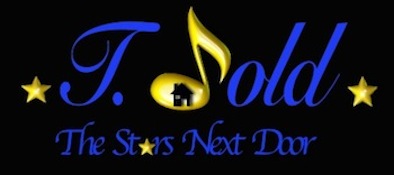Two of the most things to a business are trademarks and
copyrights. They make a business unique and makes sure it stays that way. Christine
James talks about Trademark Law in her very informative podcast. The purpose of
trademark law is to provide consumers with source identifiers and because
source speaks to various qualities of a product or service. Trademarks can be a
name, logo, slogan, patent or even a character. A good example of a character
would be Disney. Disney has many characters but each one is a trademark of the
company. A trademark only lasts for ten years and a company has to have sales
to keep a trademark. Disney is good with this by bringing back old character
for resale for a limited time. The little TM after a trademark only protects in
the state it was registered in. The little circle with the R in it gives a
trademark international protection.
Creighton Frommer podcast on Copyright Law provides
understanding of the basics of copyright law. A copyright is only federal and
lasts for the duration of the owner’s life plus years. This time span is
designed to provide a revenue stream for the copyright owner and their family
members after their death. Copyrights come in many categories of works. These
categories include literary works, dramatic works, motion pictures, sound
recordings, musical works and more. Copyrights can’t protect everything. Some
things copyrights can’t protect are ideas, facts, names, typefaces, dedicated
works, and an expired/forfeited copyright. Copyrights give the owner the
exclusive right of reproduction, adaptation, publication, performance and
display. Copyright.gov provides the forms to register for a copyright.
Gordan P. Firemark podcast “360 deals, rights of publicity,
and more” features music lawyer Erin Jacobson. Erin represents music lawyer
Erin Jacobson on it. Erin represents musicians, songwriters, producers,
companies, and other entertainment professionals in California. Erin explains
what the California Talent Agencies Act is. This act requires any person who
procures employment for an artist to become a licensed talent agent or agency
by the California Labor Commissioner.











